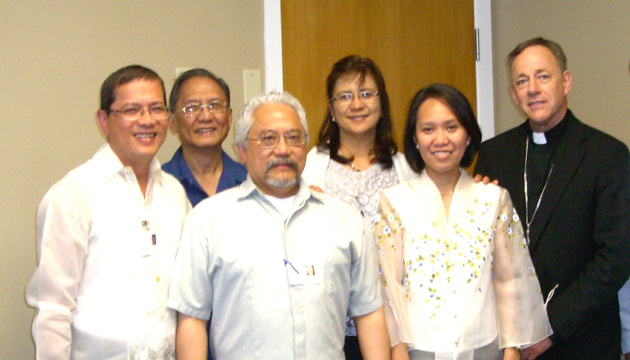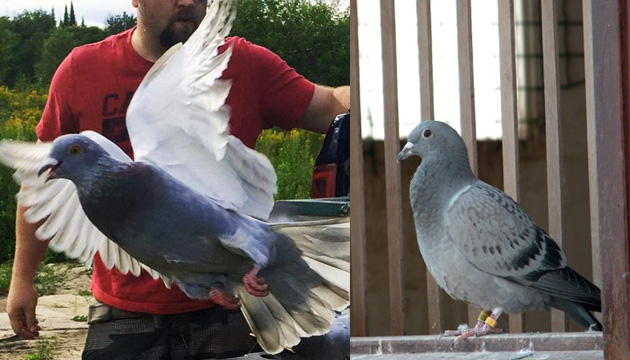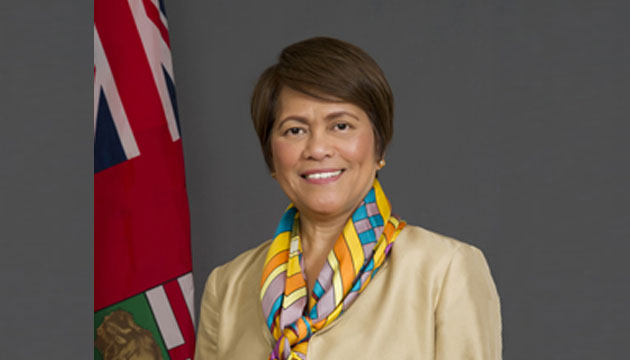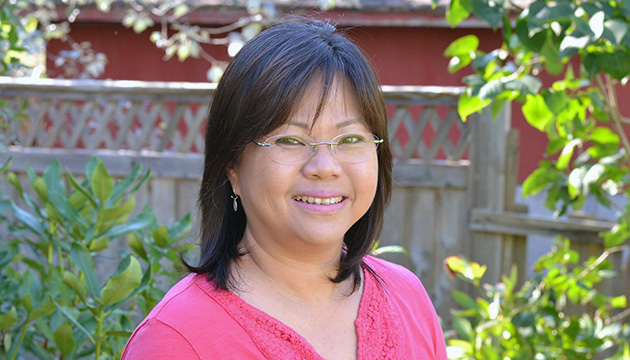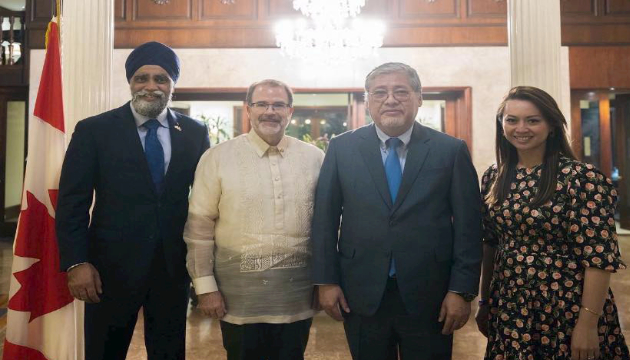June 16, 2023 - On June 6, Minister of Immigration, Refugees and Citizenship (IRCC) Sean Frase rannounced the addition of 13 countries to the electronic travel authorization (eTA) program, including the Philippines.
The announcement was made during a roundtable with community members at the Philippine Canadian Centre of Manitoba (PCCM) in Winnipeg with Canadian Filipino Member of Parliament Rechie Valdez.
"This exciting development means that more individuals from around the world can now embark on unforgettable adventures, explore our diverse landscapes, reunite with family and friends, and immerse themselves in our vibrant culture without the hurdle of visa requirements," said a statement from Minister Fraser.
Filipino nationals who have either held a Canadian visa in the last 10 years or who currently hold a valid United States non-immigrant visa can now apply for an eTA instead of a tourist visa when travelling to Canada by air. The cost of applying for an eTA is $7, far cheaper than a visa application.
Those with a valid visa can continue to use it to travel to Canada. Those who are not eligible for an eTA, or who are travelling to Canada by car, bus, train and boat—including by cruise ship will still need a visitor visa.
Aside from the Philippines, other countries added to this program are Antigua and Barbuda, Argentina, Costa Rica, Morocco, Panama, St. Kitts and Nevis, St. Lucia, St. Vincent and the Grenadines, Seychelles, Thailand, Trinidad and Tobago, and Uruguay.
In a related update, CBC News reported on June 9 that IRCC’s website that processes eTA applications crashed after the announcement, adding that a spokesperson for IRCC said the biggest spike in applications came from the Philippines. The sudden surge of applications and eventual collapse of the system affected not only applicants from the 13 new countries, but from others that were already in the eTA system, causing missed flights and cancelled travel plans.




